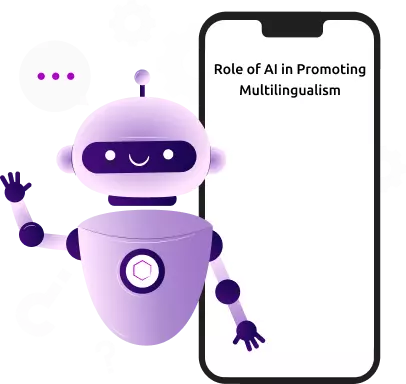- Our Writers
- How to Order
-
Services
Essays
Papers
- Why Us
- Resources
Think about how you learn in school today. Now, imagine a future where computers, like the ones you use every day, can help you learn in even cooler ways.
That's what we're going to talk about in this blog—how Artificial Intelligence (AI) is changing the way of learning.
It's not just about now; it's about what's coming next.
AI is like a super-smart friend that's going to help make school even more exciting.
So, let's explore the future trends of AI in academics together!
AI has already made its mark in education. From personalized learning platforms to chatbots assisting students, the current state of AI in academics is dynamic and promising.
Educational institutions worldwide are embracing AI to enhance the learning experience and streamline administrative tasks.
Artificial intelligence (AI) is rapidly transforming the education landscape, with new applications emerging all the time.
Here are some emerging trends of AI in academics:
As AI technology advances, anticipating future trends in education technology becomes paramount.
These trends promise to reshape education as we know it:
AI in academics has both promises and hurdles. Let’s explore the benefits and challenges of artificial intelligence in this section.
All in all, the future of AI in academics is bright, promising a more inclusive, personalized, and technologically advanced education system. By staying informed and actively using AI essay writer for ongoing dialogue, educators, students, and institutions can shape a future where AI unlocks the full potential of education.

WRITTEN BY
Dr. Alex Mercer (Mass Literature and Linguistics, Masters )
Dr. Alex Mercer is a renowned author specializing in AI and academic writing, known for his insightful and informative blogs on EssayService.ai. With a passion for both technology and education, Dr. Mercer has established himself as a trusted voice in the field, providing valuable insights to students, educators, and technology enthusiasts alike.
Dr. Alex Mercer is a renowned author specializing in AI and academic writing, known for his insightful and informative blogs on EssayService.ai. With a passion for both technology and education, Dr. Mercer has established himself as a trusted voice in the field, providing valuable insights to students, educators, and technology enthusiasts alike.
On This Page On This Page
Share this article
AI-Powered Virtual Labs: Revolutionizing Science Education
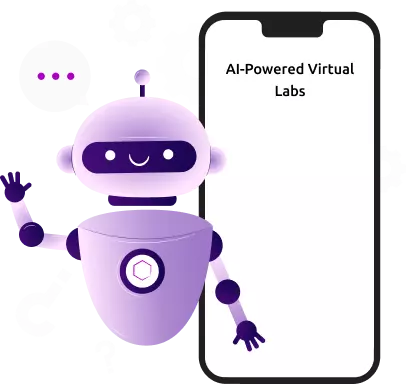
How AI-Powered Writing Tools are Transforming Academic Writing
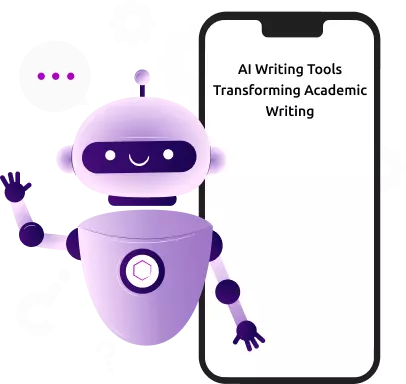
AI Writing Assistants: A Writer Best Friend or Worst Enemy?
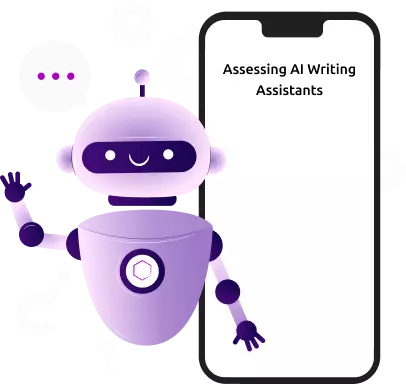
CopyAI vs. EssayService.ai
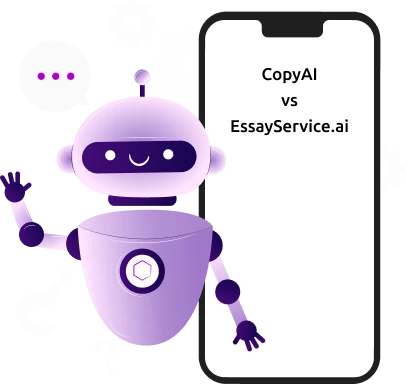
Jasper vs. EssayService.ai
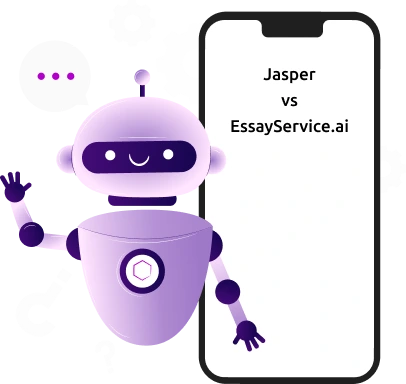
Rytr vs. EssayService.ai
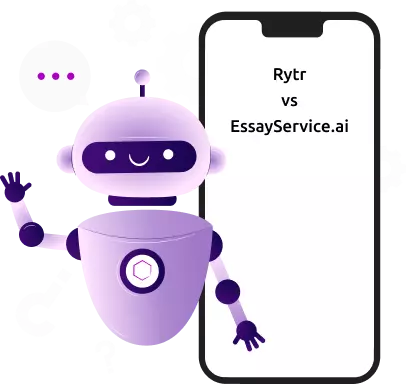
Smodin vs. EssayService.ai

Ethical Considerations in AI-Generated Content
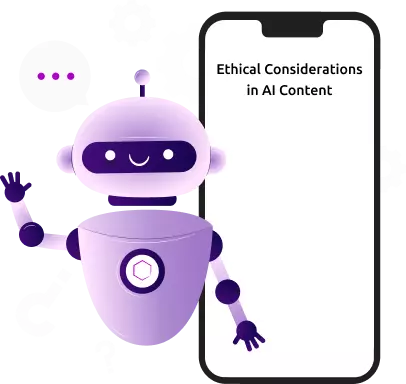
Future Trends of AI in Academics
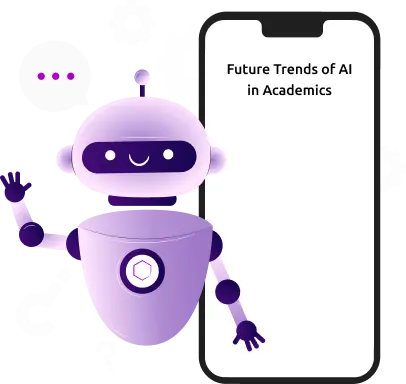
The Impact of Artificial Intelligence on Education: Current Trends and Future Possibilities
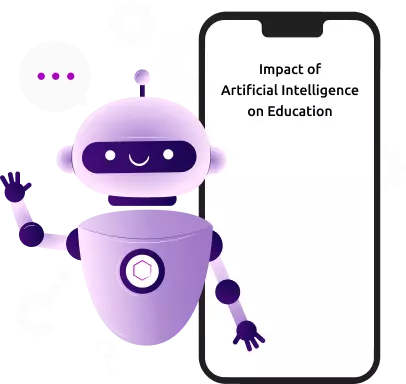
Improving Your Essay Writing with AI: Tips and Strategies
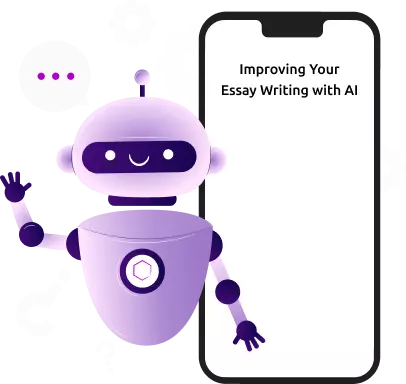
Natural Language Processing in Academic Writing: Tools and Techniques
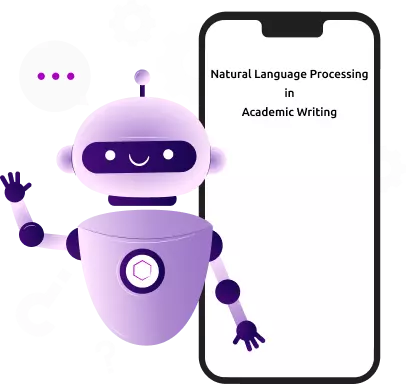
The Psychology of AI-Generated Content: How Do Readers Perceive It?
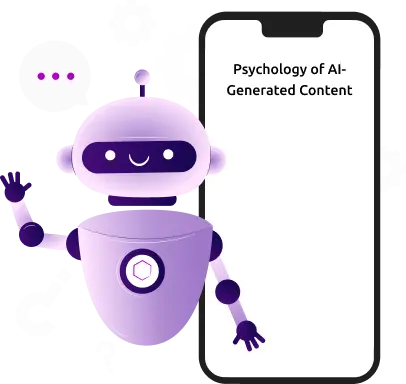
The Role of AI in Promoting Multilingualism: Breaking Language Barriers in Writing
